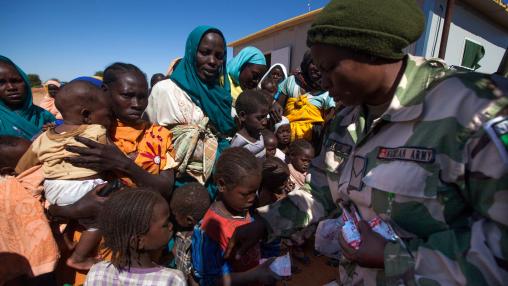
Child Malnutrition in Nigeria
In recent years, a combination of increased food prices, slowing agricultural growth, and a rapidly rising population have put pressure on Nigeria’s domestic food security. According to IFPRI’s Nigeria Strategy Support Program (NSSP), the average share of income spent on food within the country rose from 45 percent in 2007 to 80 percent in 2008 as a result of the global spike in food prices.

New Efforts Focus on Economic Benefits of Improved Nutrition
Malnutrition places a significant economic burden on African countries, costing between 3 and 16 percent of annual GDP, according to a new working paper from the Global Panel on Agriculture and Food Systems for Nutrition (GLOPAN). Thus, improving nutrition in the region should not be viewed as just another development outcome; rather, nutrition interventions should be seen as potential drivers of development and economic growth in and of themselves.
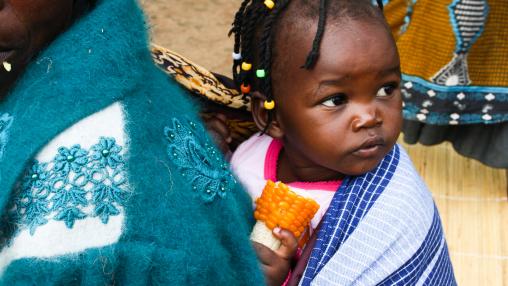
Reducing Child Stunting in Zambia
Stunting, or low height-for-age, remains a significant development challenge throughout much of Africa south of the Sahara. According to the World Health Organization (WHO) , childhood stunting can have significant long-term effects, including decreased cognitive and physical development, increased vulnerability to disease, and reduced productive capacity into adulthood.
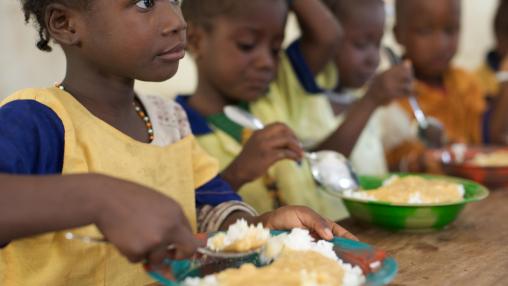
The Many Facets of Malnutrition
Fifty-seven out of 129 countries around the world are faced with very serious levels of both undernutrition and adult overweight and obesity, according to the 2016 Global Nutrition Report . Africa remains one of the regions most plagued by these varied threats of malnutrition, and the continent will need to make strong commitments to reach the goal set forth by the SDGs of ending malnutrition in all its forms by 2030.
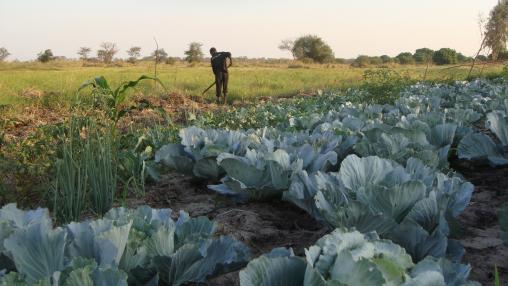
Policy Dialogue in Zambia Highlights Nutrition, Agriculture
In December 2015, representatives from the Zambian Ministries of Agriculture and Fisheries and Livestock, the EU, IFPRI , the Indaba Agricultural Policy Research Institute (IAPRI) , Zambia’s CSO-SUN Alliance , and Zambia’s National Food and Nutrition Commission met at the “Enhancing the link between evidence and agriculture, food, and nutrition” policy dialogue. The event focused on painting a clearer picture of the global food and nutrition security environment and assessing Zambia’s risks and opportunities regarding its domestic food and nutrition security.
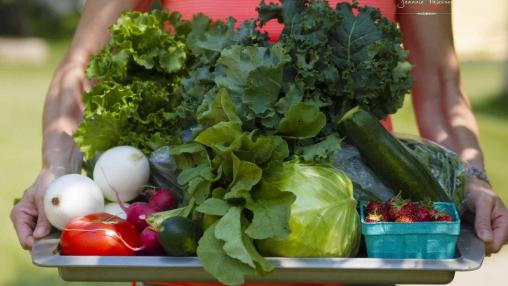
Using Nutrition Incentives to Enhance Business
Contract farming arrangements are becoming increasingly popular in developing countries. These arrangements, in which farmers agree to produce a given amount of a product and buyers agree to buy that amount, can help improve smallholders’ access to markets and credit opportunities. However, in reality, contract farming arrangements can be plagued with problems – farmers may renege on the agreement if they believe they can get a higher price from a different buyer or market, and buyers may renege because they distrust the quality of the product or the reliability of the farmer.
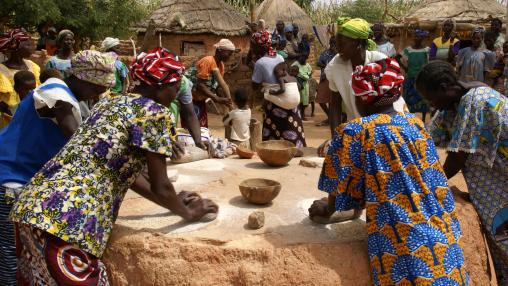
Food and Nutrition Security Programs: Too Focused on Agriculture?
Food and nutrition security (FNS) is a multi-dimensional concept, spanning the agriculture, trade, health, and social sectors. Often, however, policies only address FNS through one lens: that of food production. This could be due to the fact that many FNS stakeholders have a background in agriculture and thus tend to focus on sectoral agricultural issues, says a new report from the FoodSecure project .
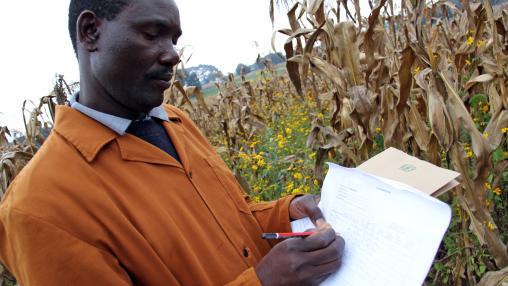
Food Security Information Meeting Calls for More, Better Data
In November 2015, the Food Security Information Network (FSIN) and the African Union Commission (AUC) held a technical consultation on data for food and nutrition security resilience in Addis Ababa, Ethiopia. The meeting focused on increasing the availability and use of the right types of data in order to improve countries’ capacity to monitor and achieve food and nutrition security goals. Representatives from 28 African countries participated, as did representatives from various regional institutions, development partners, NGOs, academic institutions, and the private sector.
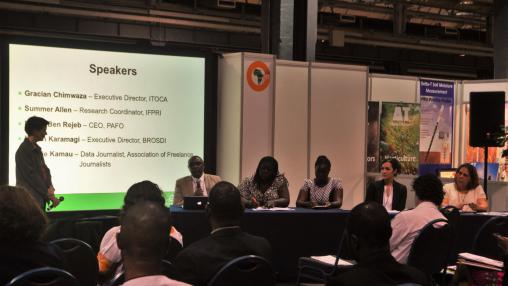
Open Data for Agriculture and Nutrition
This post contains excerpts from the Global Open Data for Agriculture and Nutrition (GODAN) blog .
The first Global Forum for Innovations in Agriculture (GFIA) , Africa Edition, was held on December 1-2 in Durban, South Africa. The meeting brought together policymakers, private sector actors, farmers’ organizations, and international organizations to discuss innovations, investments, and policies for advancing Africa’s development through improvements in data collection to provide relevant and timely information for agricultural producers.
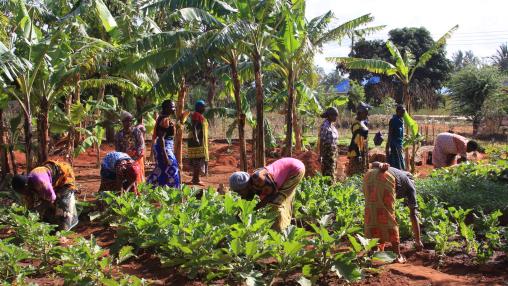
Linking Nutrition and Agriculture: Mozambique Policy Dialogue
In the inter-connected world of food security, partnerships – among countries, regions, and development organizations – can play a critical role in achieving research- and evidence-based policies to increase the resilience of global food systems and to improve food and nutrition security for all. In this light, since 2014, IFPRI has held a series of food policy dialogues in Africa south of the Sahara, in collaboration with various regional partners as part of the Food Security Portal project.